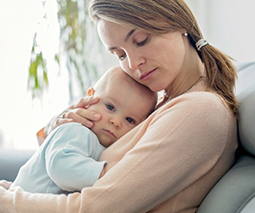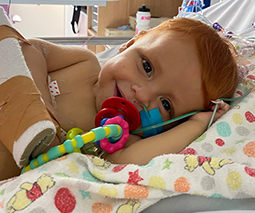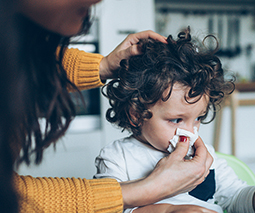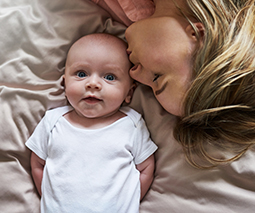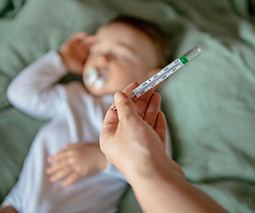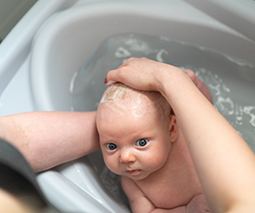How can you nurture your baby’s healthy brain development?
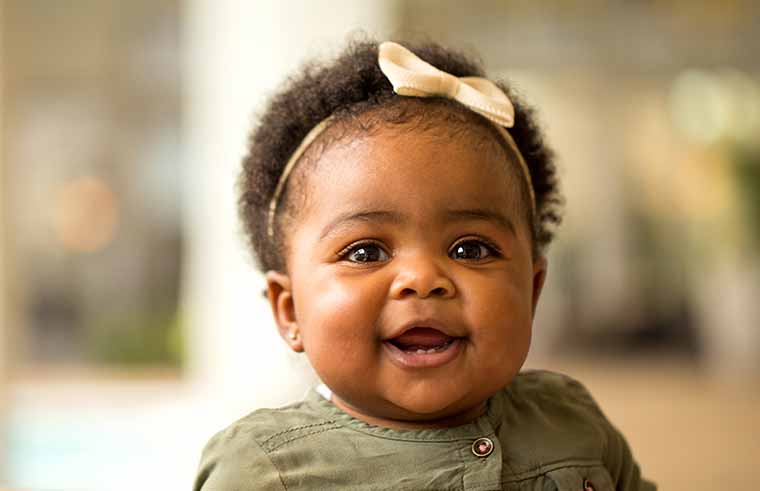
When it comes to little brains, research tells us that genes and a child’s early experiences work together to build a framework which then develops and grows.
The more positive and loving early experiences a child has, the better chance their brain has of optimal brain development. And because the brain’s connections are built from the bottom up, with new circuits building on the previous ones, making sure each stage of development is optimised with lots of love and positive stimulation provides lifelong results.
The first five years
So what happens in the developing brain during those first five years? LOTS!
The brain is more adaptable (or plastic) than at any other time in a human’s life with more than a million neural connections formed every second in the first few years of life.
In fact, 90 percent of a child’s physical brain volume can develop before the age of five.
Brain development before birth
A baby is born with a genetic map for brain development with basic connections pre-programmed in, but it starts ‘wiring’ itself pretty speedily in the first few years of life based on experience.
All your baby’s senses are beginning to function before they are born and the experiences they are having in utero are also helping to develop their brain.
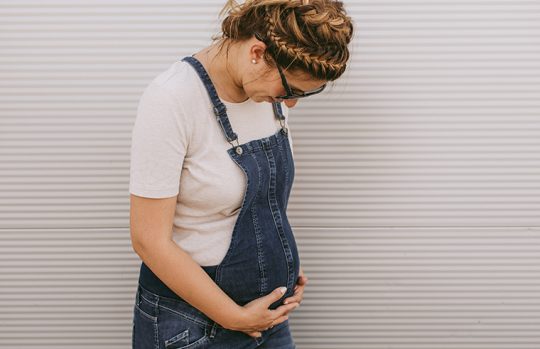
Brain development from birth to 3 years
From birth to 3 years a child’s brain is developing at a rapid rate, shaped by relationships with their family and caregivers as well as their physical and emotional environment.
During this period of development children’s brains are particularly vulnerable to stressors such as abuse, neglect, disadvantage, inadequate health care, family violence and poverty. These toxic stressors can negatively impact the way a child’s brain grows and have lifelong impacts.
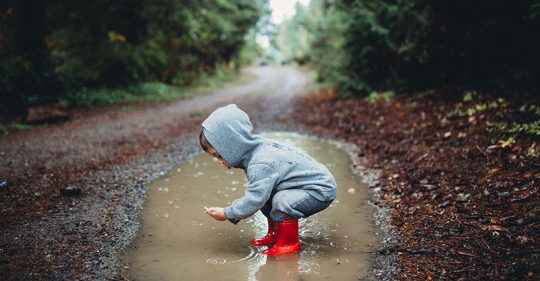
Brain development from 3 to 5 years
At this stage, the brain’s basic wiring has been established by those vital early years, and the brain is building on those (hopefully sturdy) foundations.
By the time a child is three, they will have something like 1,000 trillion brain connections – called synapses. But these are selectively ‘pruned’ as they are exposed to different experiences. (By the time they reach teenage years they will have around 500 trillion, thanks to this selective pruning and this figure remains fairly stable through the adult years.)
Loving and secure relationships with parents and carers are especially vital during the birth to five year period so that a child has support as they deal with life’s challenges.
This helps them to build resilience as they prune the connections they don’t need … and keep the ones they do.

Healthy baby brains need …
This pruning is part of why those positive and loving experiences, coupled with a few other important things, are so vital for baby’s brain (and other) wellbeing.
“What other things?” you might be wondering. Let’s unpack a few!
A non-toxic environment: A non-smoking environment and avoiding exposure to dangerous chemicals.
Good physical health: Avoiding exposure to serious illnesses ensures the brain has every chance possible to grow and develop as it should.
Diet: A healthy diet is integral to optimal brain development, especially with more and more links being made between gut health – and the microbiome – and brain health.
Sleep: Sleep is another health-promoting must-have and while it might seem like sleep and babies don’t go together at times, ensuring your baby’s getting their individual needs met is another way to promote brain health.
Nature: Time spent outdoors in childhood has been shown to promote better mental health as adults.
Play: Activity, dance, play and movement helps to nurture brain development by helping babies and children get to know their bodies, explore, think and learn.
Books: Reading together from an early age promotes language and cognitive development and helps grow little brains.
There’s so many things parents and carers can do to help little ones grow their very best brains – and reap the rewards for the rest of their lives.
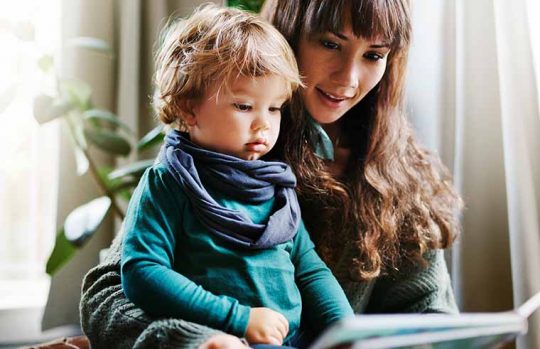
Further reading:
Australian Early Development Census: Brain Development in Children
How your baby’s brain develops by Health Direct’s Pregnancy, Birth and Baby
